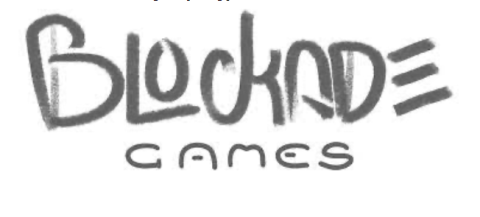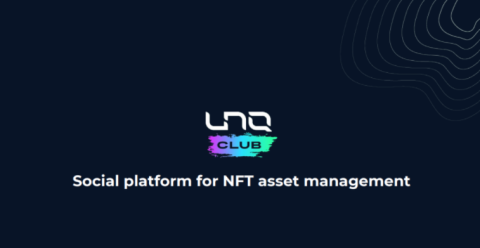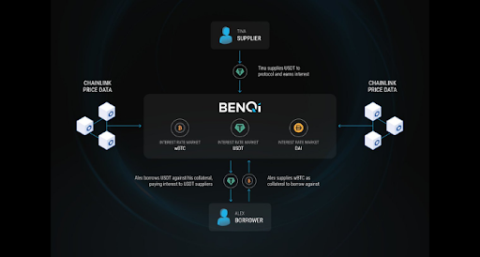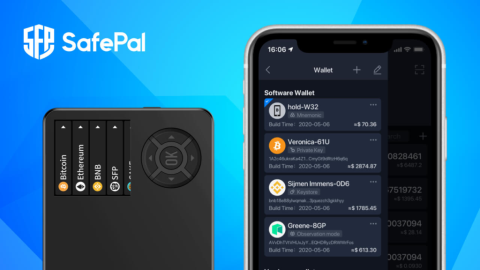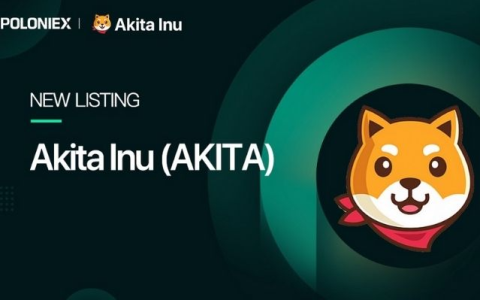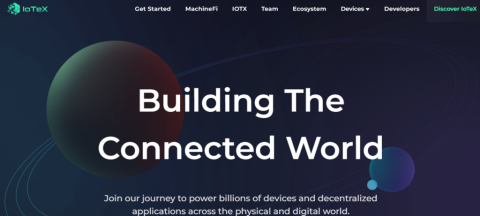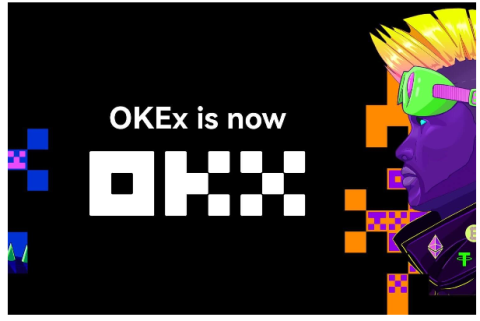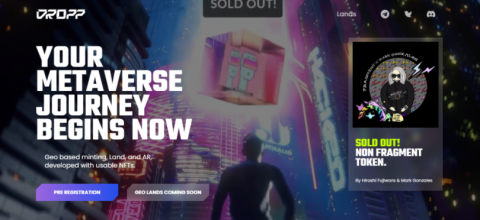What is thena? Discover the outstanding features of Thena and THE . token
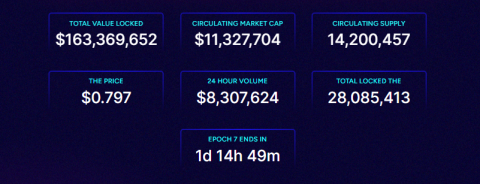
Ngoài PancakeSwap, hệ sinh thái BNB Chain còn có một AMM khác có TVL đạt 150 triệu USD chỉ sau hai tháng ra mắt, dự án này được gọi là Thena.
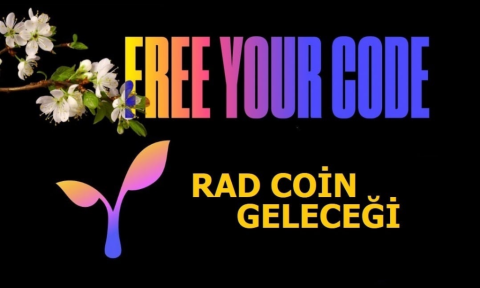
The Radicle project is a decentralized collaboration network platform, built on open protocols such as GitHub and GitLab. Relying on smart contracts instead of administrators, Radicle allows developers to code, work, and fundraise, and to set their own rules and authorities around their codebase.
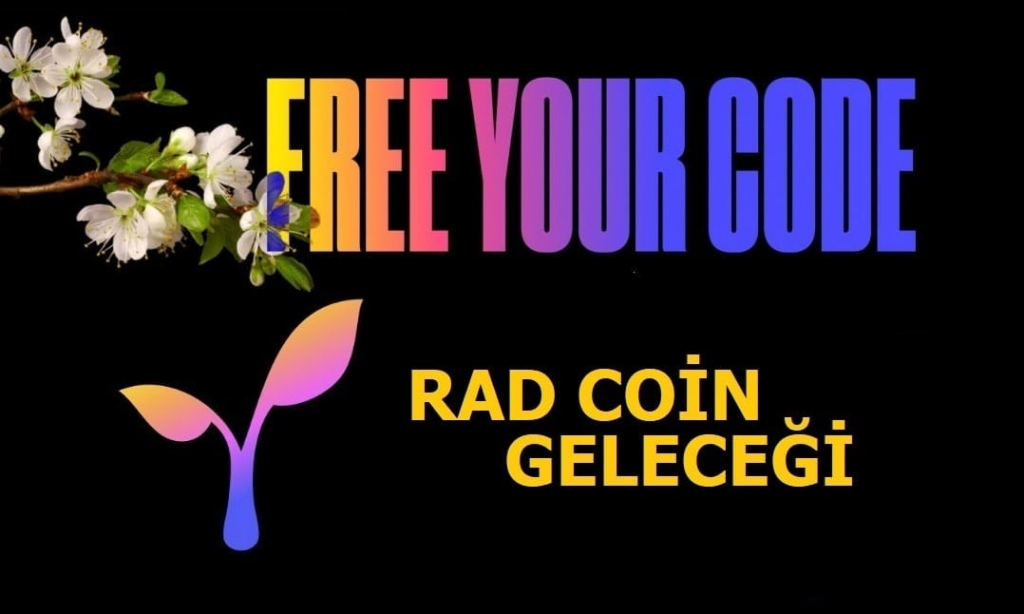
Designed with the same capabilities as GitHub (aka Forges), Radicle retains the peer-to-peer nature of Git, while building on the inherent strengths of GitHub. That's why Radicle is superior when distributed versions can be controlled from the start.
In particular, Radicle is designed to integrate with Ethereum – a set of open source smart contracts. Radicle's goal is to be able to harness the strengths of both Ethereum and DeFi to provide developers with a way to own their collaboration infrastructure. Thereby, Radacile users can link their identities to their Ethereum accounts through the Radicle Upstream app.
The ultimate goal that the Radicle project founders have is to eliminate middlemen, creating a powerful peer-to-peer ecosystem with full functionality and security.
From the very beginning of the design of this project, the Radicle founding team focused on the indispensable values of free and open source collaboration. Meeting these values has helped Radicle have hard-to-replace highlights. Specifically:
Radicle's network is powered by Radicle Link - a peer-to-peer replication protocol. Radicle Link has a generic distributed version control backend that is universal enough to be used on different systems. However, Radicle Link's primary goal is to be usable on Git.
Basically, Radicle uses Git as a database, which can be hosted or shared not through a server. Repositories on the Radicle network are called “projects” and are distributed by “peers”.
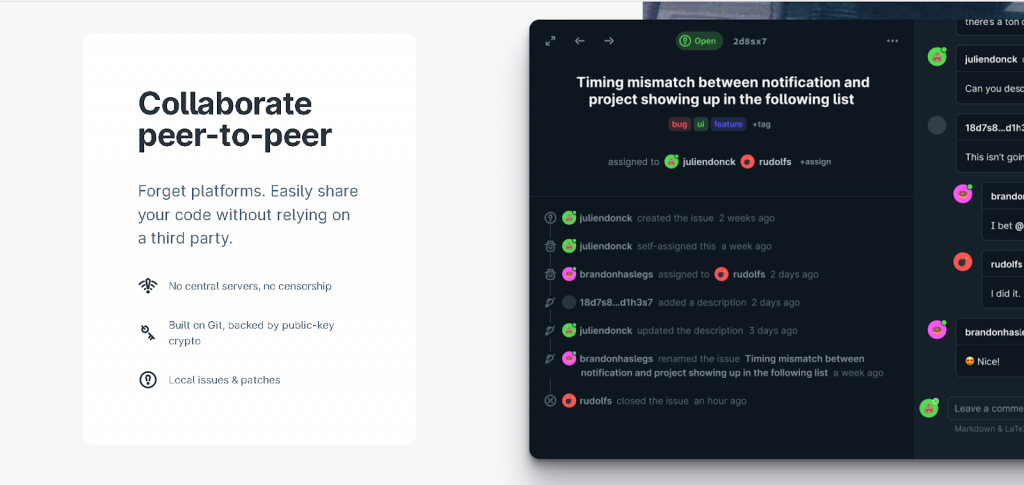
In the Radicle network:
The Git implementation in Radicle was created to motivate the creator to provide all the data needed to resolve and verify the repository, while reducing latency by eliminating unnecessary queries. and fetch Git as much as possible.
Radicle adopts the Scuttlebutt overlay model by setting up a peer-to-peer replication layer on distributed control systems, starting with Git. User accounts and credentials are replaced with public key cryptography, trackers are replaced with local peer-to-peer replication, and the problem of upstream upstreams is replaced by a peer-to-peer model, or “ bazaar” is patch-based.
To further improve this alternative, Radicle has an ordered consensus registry that stores the standard project metadata. This allows projects to freeze critical information while maintaining global availability and immutability.
For Radicle, the project has some outstanding differences as follows:
Built on Ethereum, Radicle users enjoy various features:
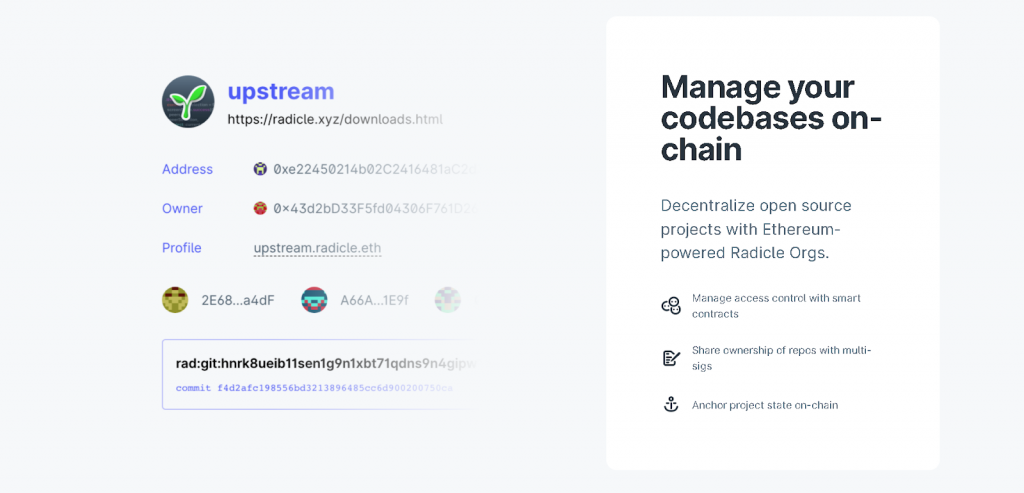
At its inception, the Radicle project raised $12 million in a Private Sale round by allocating 8 million RAD tokens at $1.50 per RAD token. For the funding round, NFX and Galaxy are the two leading investors. The project also received many other investment sources such as Placeholder, Electric Capital and ParaFi Capital and angel investors Naval Ravikant, Balaji Srinivasan, Meltem Demirors also participated.
Up to now, the project has received additional funding from many other investment organizations such as Coinbase Ventures, CoinFund, Haskey, Parafi Capital, Galaxy Digital, Fabric Ventures, Blueyard Capital...
From February 25-27, 2021, the Radicle project launched the Radicle Liquidity Bootstrapping Event for the Radicle participating community. With 3,750,000 RAD (3.75% token supply) for buyers with a starting price of $11.50 (in USDC). The price ranged from $9.76 to $28 in two days of sale, in which the average selling price was 15.40/RAD. LBP has raised 24,774,879 in USDC.
In addition to the above funding sources, the project has also received support from the SEEDERS PROGRAM program. This is a program organized by Radicle that allows to build a powerful “root network” that aims to support the growing decentralization of the Radicle network among the community. Current participants include individuals from Aave, Synthetix, Uniswap, Gnosis Safe, The Graph, Gitcoin, dxDAO, Optimism, Interchain Foundation, dOrg, Curve Labs, Ceramic Network, Informal Systems, Vega Protocol, Celo Foundation, Fleek, Status, CoinMarketCap, Web3 Foundation…
The Radicle project is developed by the Radicle Foundation. In addition, currently, there is no further information about the project development team.
The Radicle project uses the RAD token as the governance token of the ecosystem.
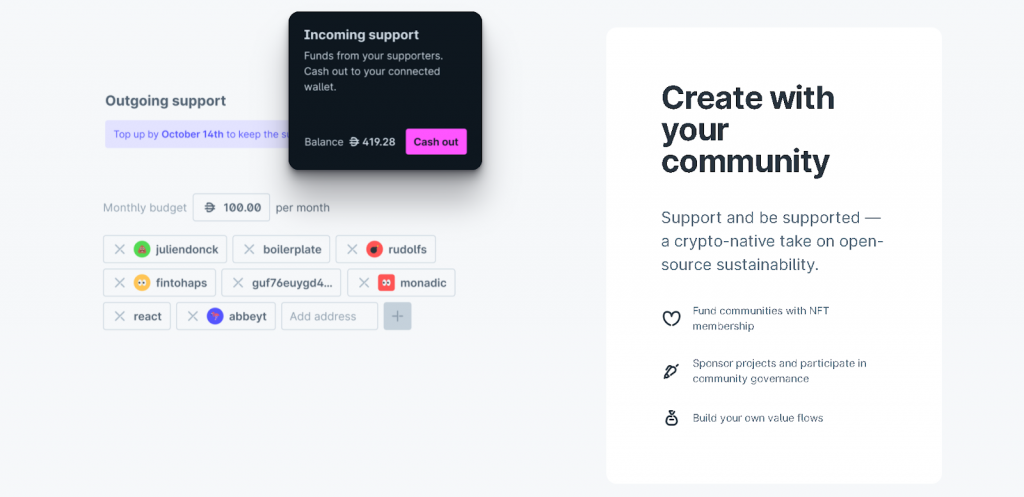
With a total supply of 100,000,000 RAD, the Radicle team plans to allocate tokens as follows:
The RAD token used in the Radicle network has the following basic functions:
Believing that reliance on corporations and centrally hosted platforms to distribute the source infrastructure is unsustainable, the Radicle development team built the platform as an alternative to ensure ensure the security and transparency of the databases. Since launching in Beta last December to date, Radicle has more than 1,000 user-initiated projects on the network and has attracted considerable interest from across the Web3 ecosystem. This promises to be a successful project and is chosen by many users.
All information about the project, interested investors can see at:
Project Information | Discord | Forum | Matrix | Reddit | Telegram | Twitter | Blog | GitHub | Medium
Ngoài PancakeSwap, hệ sinh thái BNB Chain còn có một AMM khác có TVL đạt 150 triệu USD chỉ sau hai tháng ra mắt, dự án này được gọi là Thena.
Blockade Games provides a platform that allows developers to create blockchain games. In addition, Blockade Games also creates many interesting free games.
UNQ Club is a project that provides a blockchain platform that allows investors to collect and manage existing NFT assets.
BENQI is one of the important pieces of the Avalanche ecosystem. Join TraderH4 to find out what BENQI (QI) is as well as detailed information about the QI token.
In addition to a cryptocurrency storage wallet, SafePal is also known to many investors for its SFP tokens and airdrop events with attractive rewards.
The fever from Akita Inu in the Crypto market in the past time has created a great buzz along with the rapid development of the "dog house token".
What is IoTeX? This is a blockchain built and developed in conjunction with the Internet of Things (IoT). Join TraderH4 to learn this article.
What is OKB? OKB is an exchange coin of OKX and the OKX Chain blockchain. Let's learn about OKX and OKB exchanges with TraderH4 in this article.
DROPP GG brings an innovative and novel idea to provide an NFT mint platform based on geographies outside of the real world.
CronaSwap is a DEX built on Cronos Chain, which has a similar model to Uniswap.
